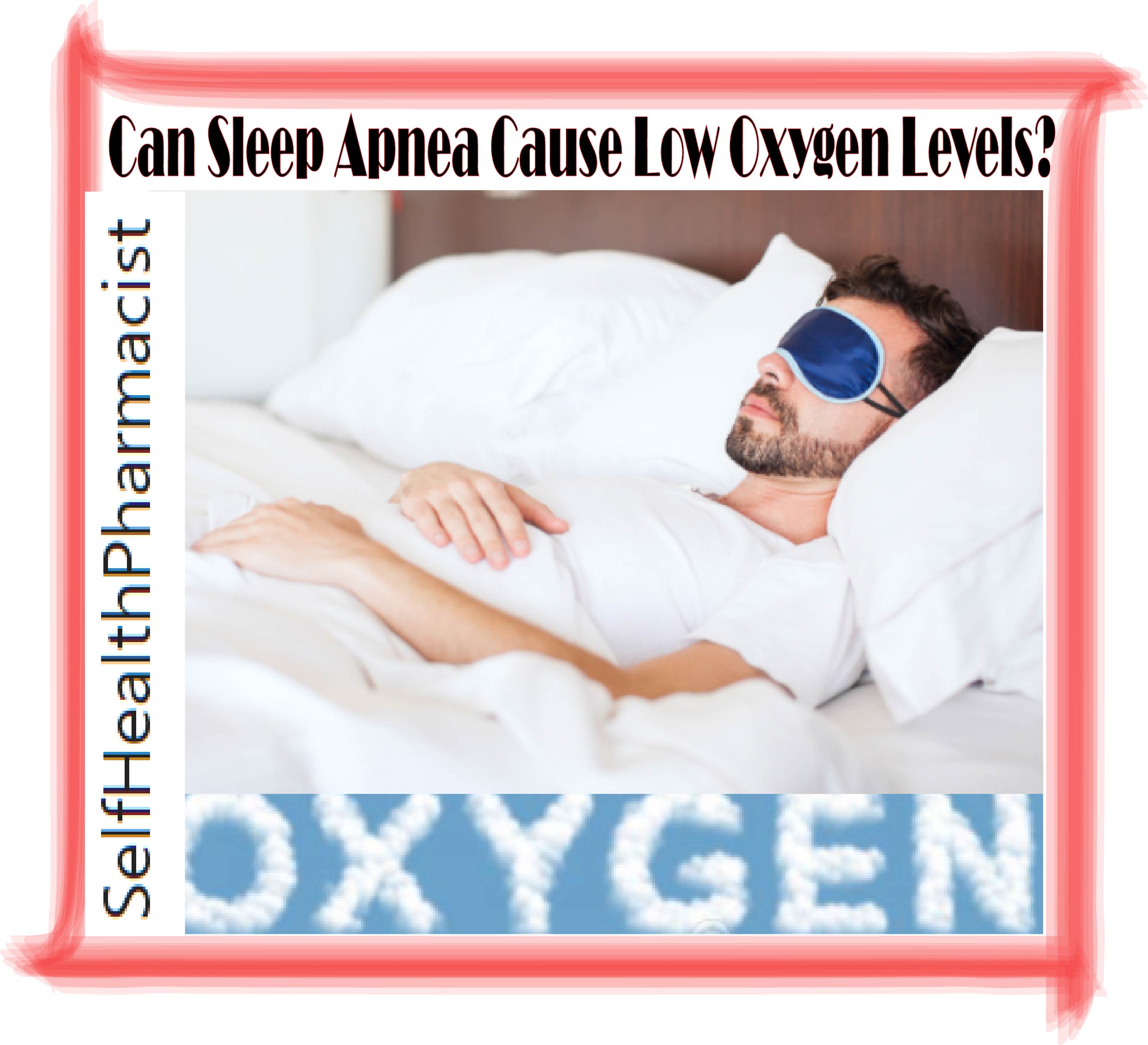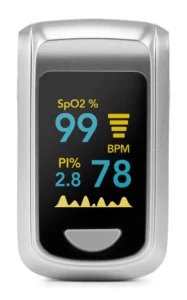Sudden awakenings in the middle of the night or snoring are rarely taken by people as something serious.
However, few people know that the so-called apnea is the cause of this, and that such a temporary cessation of breathing can cause quite serious harm to human health.
Sleep apnea-related deaths per year are as follows:
The American Sleep Apnea Association estimates that 38,000 people in the United States of America die every year from heart disease, a complicating factor of which is sleep apnea.
Do you know that pulse oximeter can help you in detecting a sleep apnea?Pay attention to the best pulse oximeter in the market:Oxiline Pulse X Pro is currently the best fingertip pulse oximeter on the market with the easiest adjustment to your smartphone.
It can measure your Saturation Measurements and Perfusion Index in several seconds with 99% accuracy!
It can be used by both professional specialists and ordinary users at home. The latch fits snugly to the finger and does not move out during operation.The gadget consumes a minimum of energy, so it does not require frequent replacement of batteries.
Table of Contents
What Can Cause Sleep Apnea?
Sleep apnea can occur up to 300-500 times per night.
And after each episode of apnea, the brain is forced to wake up. This disrupts the structure of sleep, making it intermittent and superficial.
The patient does not have time to move into the phase of delta sleep, which is responsible for restoring strength.
In addition, the phase of REM sleep with dreams, which is responsible for the formation of long-term memory and a feeling of cheerfulness, is reduced.
No wonder people with sleep apnea feel like they never had a rest in the morning. Moreover, the state of health does not improve with an increase in the duration of the night’s rest.
Obstructive sleep apnea syndrome is a great stress for the body, against which arterial hypertension begins to develop.
Sleep apnea patients are at risk for heart attacks and strokes.
The lack of a quality night’s rest leads to a decrease in the production of growth hormone, which is responsible for the conversion of fat into energy.
A person with chronic sleep deprivation is forced to systematically consume food to replenish vitality.
As a result, there is a rapid weight gain, and losing weight becomes very problematic.
Fat, which is deposited in the neck, contributes to an even greater narrowing of the respiratory tract and the progression of sleep apnea.
Only a certified specialist can cope with the vicious circle and cure the pathology.

Can Sleep Apnea Cause Low Oxygen Levels?
Sleep apnea causes hypoxia (low oxygen levels in the body).
When this happens, your body becomes stressed and reacts with a fight-or-flight response, which causes your heart to beat faster and your arteries to constrict.
People with sleep apnea experience difficulty breathing or stop breathing briefly during sleep. This treatable sleep disorder often goes undiagnosed.
With moderate to severe OSAS, the patient may not breathe for a total of 3-4 hours per night. This causes acute oxygen starvation.
To check your oxygen level fast and accurately you can easily with a pulse oximetry, it measures the amount of oxygen carried by hemoglobin in the blood, that is, oxygen saturation, and it is expressed as a percentage (estimated on a 100-point scale).
This is a simple, painless test in which a sensor is placed on the tip.
According to the American Heart Association, one in five adults suffer from some degree of sleep apnea. It is more common in men than in women. Children can also have sleep apnea.
How Low Do Oxygen Levels go With Sleep Apnea?
The human body requires and regulates a very precise and specific balance of oxygen in the blood.
Oxygen levels with Sleep Apnea can vary greatly from person to person and also depend on environmental factors.
Normal SpO2 levels are between 94% and 99%.
People with sleep apnea usually have lower SpO2 levels.
SpO2 below 90% is very dangerous and can put stress on the heart, lungs and liver.
Oxygen levels below 80 percent can disrupt organs such as the brain and heart and require immediate attention.
Prolonged low oxygen levels can lead to respiratory or cardiac arrest. Oxygen therapy may be used to increase the level of oxygen in the blood.
How to Get rid of Sleep Apnea?
In order to alleviate the patient’s condition, it is necessary to make certain changes in his daily lifestyle:
- Weight loss. If you lower your body mass index, it will help reduce respiratory distress by up to 30%. With the transition to proper nutrition and the elimination of extra pounds, symptoms such as snoring and sleep apnea also begin to fade.
- Rejection of bad habits. Due to smoking and alcohol abuse, complications of the respiratory system can occur. Quitting smoking will have a beneficial effect on the condition of the pharynx and trachea.
Even with simple stages, it is recommended to take sedatives and hypnotics. - People with sleep apnea are advised to sleep on their side.
In order to provide the head with a physiological position in relation to the body, it is necessary to replace the usual pillow with an orthopedic analogue. - Performing a set of exercises to strengthen the muscular system of the soft palate. This will help reduce the intensity of snoring and minimize the intensity of sleep apnea.
- Use of a special cap. Such a product will help to fix the jaw in one position so as not to damage the tongue during sleep. However, the choice of a mouth guard must be made in conjunction with a specialist in the field of dentistry and general medicine.
- The occurrence of sleep apnea negatively affects overall health, but it also affects the health of the teeth and oral cavity. Visit your dentist and orthodontist regularly. This will help prevent many dental diseases or detect them at an early stage.
Final Words
Apnea is a serious reason to visit a sleep doctor.
In no case should obstructive sleep apnea syndrome be ignored, since this phenomenon can not only cause serious harm to health, but can also end tragically for the patient.
The treatment of the syndrome is only surgical, but it is important for the patient to follow certain medical recommendations for changing lifestyle after the intervention.
The modern technique of laser exposure uvulopalatoplasty allows you to forget about cases of apnea once and for all and improve the quality of life of the patient.
FAQ
Can Oxygen Help With Sleep Apnea?
Oxygen therapy may be used to increase the level of oxygen in the blood during sleep apnea.
Does Sleep Apnea cause Low Blood Oxygen During the Day?
Unlike simple snoring, obstructive sleep apnea is a potentially life-threatening condition that requires medical attention.
Risks include heart attack, stroke, arrhythmias, high blood pressure
In addition, obstructive sleep apnea causes daytime sleepiness, which can lead to accidents, lost productivity, and interpersonal relationship problems.
How Can I Know that I have Apnea?
Watch how your loved one sleeps. Usually there is snoring, followed by holding the breath, after which the person begins to snore loudly and takes several breaths. Sleep in such patients is very disturbing, they toss and turn in bed, twitch their limbs.
If you notice such manifestations, be sure to contact a professional. Apnea is diagnosed by somnologists and otolaryngologists.
